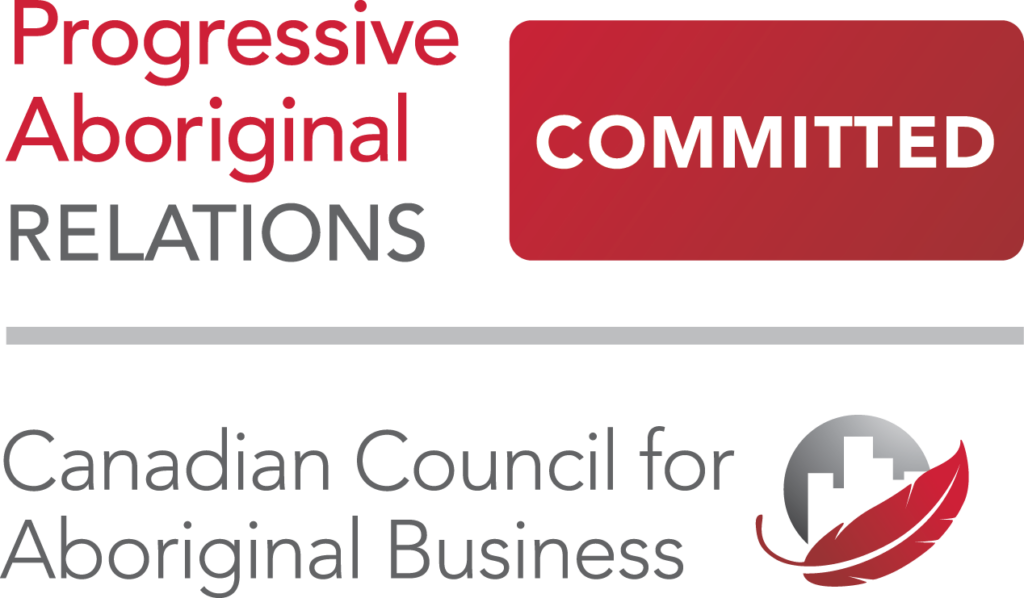It takes a special character to be an affiliate manager. This salary job can be a promising and lucrative career in digital marketing, but it can also be a demanding one.
The affiliate manager role is filled with intangible responsibilities. Affiliate managers play a central role in affiliate marketing. However, the skills it takes to be a good one are a unique blend of partnership development and managing expectations.
Mastering these skills can take a lifetime and affiliate management can be a rewarding start to a marketing career. I’ve been managing affiliate programs for nearly 10 years and have come to realize there is always something I can be doing better. Let’s dig into what those skills are and how you can develop them.
10 Essential Skills Affiliate Managers Need to be Successful.
Partnership-first mentality.
The affiliate manager’s first responsibility is to foster and manage relationships with their affiliate partners. A lot of this job is about people skills. You have to be able to read people, understand what motivates them, and then play off of that. This isn’t always easy, but it’s essential if you want to be a successful affiliate manager.
Putting yourself in the affiliate partner’s shoes is an important factor in this. The most important factor of partnership marketing is that you need to be able to see things from the partner’s perspective and make decisions accordingly.
Sales and revenue are not always the metrics you should be focused on. Sometimes you’ll need to make decisions that will focus on building the relationship for the future. The affiliate manager (and brand representative) will need to negotiate a win/win scenario for both parties.
For example, many affiliates will request an upfront sponsorship of $500 to start the relationship. However, brands might not have a big budget to pay for these paid opportunities. So the affiliate manager will have to negotiate for a hybrid deal and reply back “we can offer you $250 upfront and a commission rate increase. If you make just 5 sales, you will make more money.” This will also get the affiliate to be more invested in driving sales as well.
Ultimately true affiliates are taking a lot of upfront risk by working strictly on performance. But if you can alleviate some of that risk and move the partnership faster, you will create a win-win partnership.
Excellent communication skills with partners and executives.
Managing affiliate relationships involve a lot of communication. You need to be able to communicate effectively with both your affiliate partners and your company’s executives.
With affiliate partners, you need to be able to clearly explain your expectations, give feedback on their performance, and answer any questions they have. You also need to keep them updated on changes to the program and products.
For executives, articulating program expectations is a big part of this role. Executives might ask ‘is affiliate marketing worth it’ since this channel takes some time to get going. But with the right personnel managing the program, it will likely succeed in time.
Oftentimes, the affiliate manager might be one of the only people at the company that actually knows how the affiliate program works. So showing the stats to executives that matter to them might be completely different than the intangibles of daily tasks. This skill takes time to hone.
Analytical thinking.
Affiliate managers need to have strong analytical skills in order to understand the data and trends associated with their campaigns. They need to be able to identify patterns and make decisions based on data in order to improve results.
Evaluating statistics like sales, conversion rate, traffic, and click-through rate is a big part of this role. But affiliate managers also need to understand how those numbers fit into the bigger picture and what they mean for the affiliate program as a whole.
This is where a lot of affiliate managers struggle. They can see that one campaign isn’t performing well, but they don’t always know how to adjust and develop long-term plans and goals for their future campaigns. This is where the help of a seasoned mentor comes into play.
Negotiation.
Maybe the most important skill a good affiliate manager can have is the ability to negotiate. This is a critical part of the job because affiliate managers are constantly negotiating with their affiliate partners. They’re negotiating commission rates, promotional terms, payment terms, and more.
This role is working with hundreds or thousands of affiliate partners. So, it’s important to be able to find a middle ground that works for both parties and to be able to do it quickly. This is a skill that takes time and practice to develop, but it’s one that is crucial for getting the best ROI for your brand.
Tenacity.
Along the same lines of negotiation, tenaciously reaching out to potential partners does wonders for program growth. Affiliate marketing is a relationship-based business, and the more affiliate partners you have, the better your chances are of success.
This means reaching out to potential partners, following up, and doing whatever it takes to get them on board. Don’t rely on your first email to elicit a response; reach out several times to increase your chances of success. Some partners take months of effort to even get a response, so stop at nothing to get their attention.
Attention to detail.
While affiliate managers need to be able to see the big picture, they also need to be able to focus on the smaller details. This is a role that requires a lot of organization and attention to detail.
Whatever affiliate marketing job you have, attention to detail is a must-have skill to be able to track and keep your efforts organized. Keeping tedious notes in your preferred CRM is a great step here.
Creative campaign generation.
Affiliate managers need to be able to generate new ideas for affiliate campaigns. They need to come up with new angles, strategies, and tactics to keep their affiliate program fresh.
This can be a challenge, especially if you’ve been in the role for a while and have already tried all the obvious ideas. But it’s important to keep affiliate programs exciting for both affiliate partners and customers.
When you fail to motivate the existing affiliates, they will inevitably get bored with the offers and move on to competitors or a different niche. Fresh campaigns and bonus opportunities will keep your brand on top of mind and partners creating.
Continued education.
Whether you are fresh to this industry or have 20 years of experience, your education needs to continue. Good affiliate managers never stop looking for:
- Tools to make their life easier
- Relevant affiliates
- Articles and videos to help them be better
There are some great publications that are dedicated to pushing the industry forward like MarTech Record and ThePMA are great resources for continued education. For the junior marketers there, my affiliate management course can help with new ideas for program growth.
Tool utilization.
My favorite way to save time throughout the day is utilizing the best affiliate management tools. There is a ton of software out there, so it’s important to find the ones that work best for you and your team.
The affiliate tools you use will depend on your business model and needs. But some essential affiliate tools include a good CRM, a partner recruitment tool, and Chrome extensions that will improve your workflow.
Not all tools are built the same. Shop around and ask fellow affiliate managers what they are using to help their productivity.
Time management.
An affiliate manager’s job is never done; you can always recruit more partners. And when you aren’t constantly bombarded with emails, phone calls, and meeting requests, reach out to new partners in the right place to utilize your time.
It’s important to be able to prioritize and manage your time wisely in order to get the most important tasks done each day. This can be a difficult skill to master, but there are a few things you can do to stay on top of your tasks.
Wrap it up, Dustin.
As the person responsible for managing an affiliate program, an affiliate manager needs to wear many hats. They need to be able to recruit quality affiliates, negotiate favorable terms, track sales and commissions, and provide prompt payments.
In addition, they need to have a clear understanding of the laws and regulations around affiliate marketing. However, perhaps the most important skill that an affiliate manager needs is the ability to build strong relationships. After all, affiliates are essentially partners, and a healthy partnership is built on trust, communication, and mutual respect.
This career can be challenging, but if you have what it takes, it can also be very rewarding. I’m excited to see what this industry holds and love being a part of it.
Note from AIM
If you would like to discuss a career working at AIM, please contact us or check out our open roles to see if there’s an opportunity that’s a good fit.












